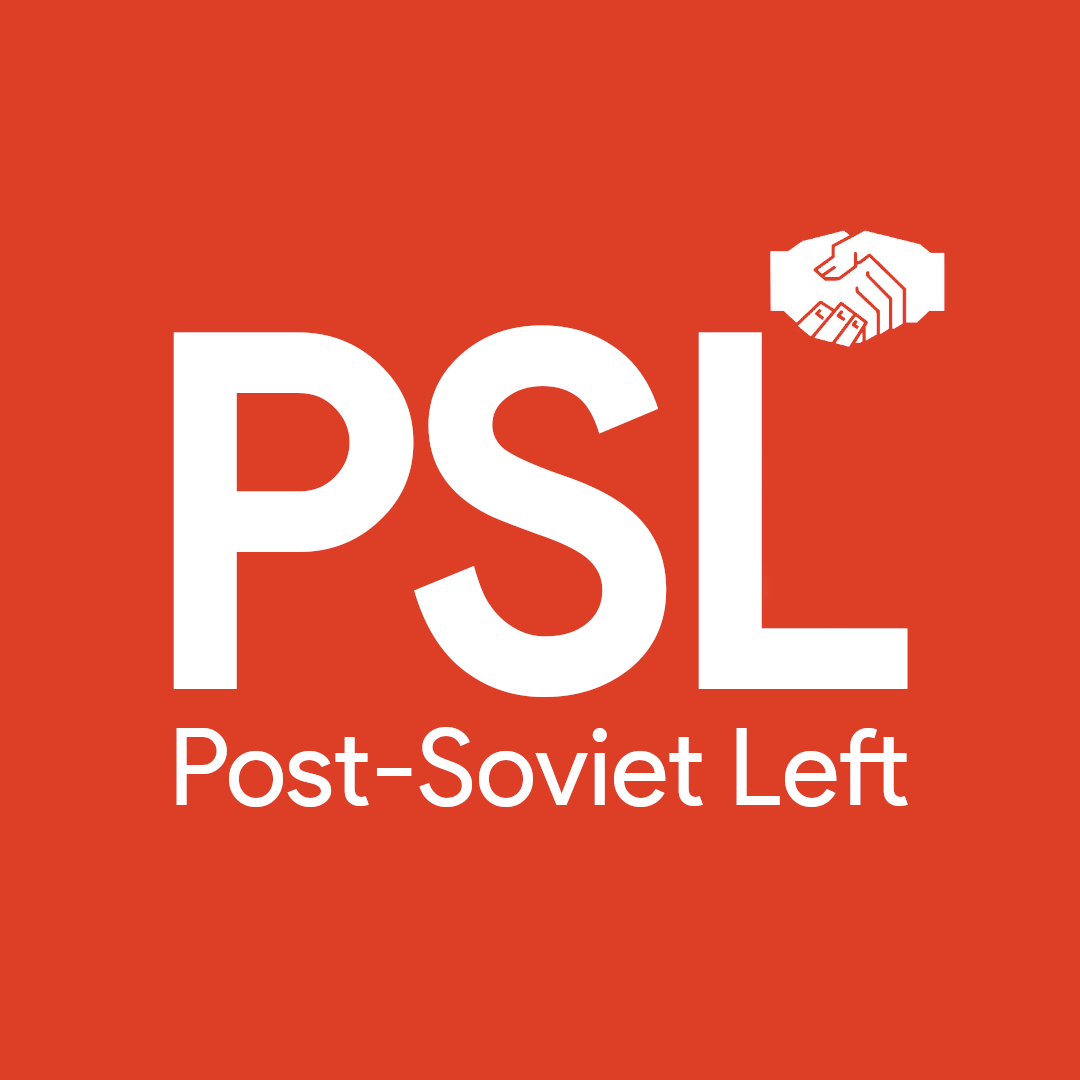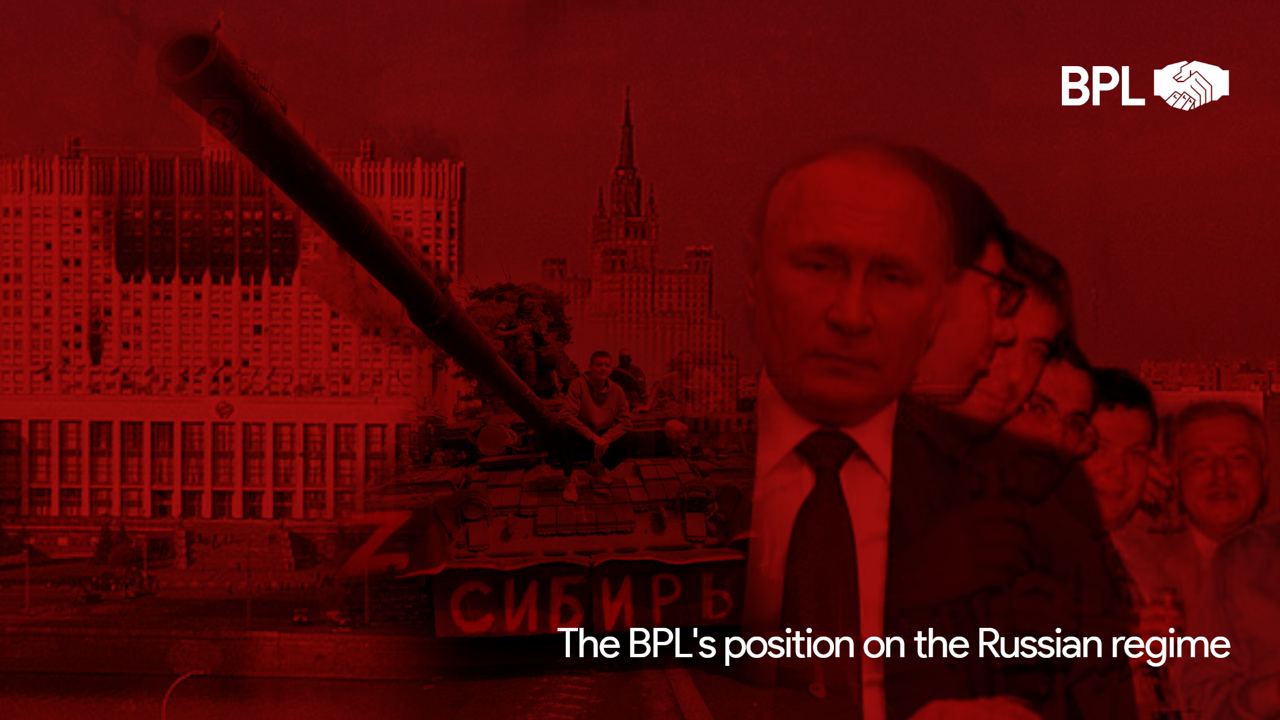The war in Ukraine is the result of a crisis in international relations. The current negotiation process system has failed to stop and prevent the war. Despite mutual sanctions, the hands of imperialists are unbound. Eastern Europe, and primarily Ukraine, has become the battlefield.
While there may be debates about the causes, timeline, and overall historical responsibility of various states and political forces, it is crucial now to recognize that the current stage of escalation, in the form of full-scale military actions across the Russian-Ukrainian border and Eastern Ukraine, is the responsibility of the Russian leadership. Achieving lasting peace in Eastern Europe is impossible without fundamentally addressing Russian revanchism and implementing structural changes in Russian society toward greater democratization. This determines the first (but not the only) priority for the internationalist left in the post-Soviet space: political change in Russia.
The roots of such actions by Russia lie in authoritarian tendencies that began with the dissolution of the Supreme Soviet in 1993, which established an extremely presidential republic with virtually no checks and balances, allowing highly reactionary decisions to bypass society. Despite propaganda, intimidation, and repression of anti-war activists, the war with Ukraine in its current form is not the result of political consensus but is imposed on society from above. Therefore, a long-term solution, rather than a temporary freeze, lies in the democratization of Russia. The specific forms of this democratization may vary, but it is clear that they all involve a substantial increase in collegial governance with guaranteed real participation of opposition political structures. It is also necessary to dismantle the material foundation of the regime created in 1993 by confiscating the assets of Russian oligarchs. The confiscated enterprises should be transferred under democratic management by workers.
The anti-war opposition in Russia is currently divided into three parts: right-wing, centrist, and left-wing. The right-wing opposition in Russia is further from leftist views than the government itself, despite their anti-war stance. Their “anti-war” position often involves either even greater militarism or shifting the conflict towards ethnic persecution of varying degrees of radicalism. This solution is fundamentally alien to us due to our principles.
The situation is more interesting with the centrist opposition, which is experiencing a period of fragmentation. For example, Maria Pevchikh’s well-known video series “Traitors” has accelerated the ongoing polarization between the left-liberal and right-liberal wings of the Russian opposition. The latter is represented by older generations of privatizers, oligarchs, and their satellites, who wish to reclaim or protect their interests. In contrast, the former consists of new political forces who haven’t engaged in Russian politics before. One of its important representatives is Ekaterina Duntseva, the initiator of the new political party “Rassvet” (“Dawn”). There is also reason to believe that some more left-leaning people are joining them to hopefully create a moderately left-wing coalition for a democratic, but not anti-capitalist, world. The creation of a left-liberal coalition may be useful: unlike right centrists, left centrists can become tactical allies in the struggle for democratic change in Russia if there is mutual willingness.
However, it should be understood that our vision of internal political tasks is significantly more radical than theirs. Therefore, this cooperation seems more likely within the framework of separate political entities (possibly connected by organizing committees and coalitions within campaigns).
On the anti-capitalist left flank, anti-war internationalist organizations are represented by the Organization of Communist Internationalists (OCI), the Russian Communist Party (Internationalists) (RKP(i)), as well as moderate socialist organizations and former members of old, now-defunct initiatives (e.g., the Left Bloc). Considering that they are currently the main subjects of the left internationalist movement in Russia, we believe it is important to express our full support for them and declare our readiness for any assistance and mutual aid, despite possible individual disagreements.
In the current conditions, we also support initiatives aimed at:
- Freedom for political prisoners in Russia, regardless of our proximity to their positions, except any military and criminals on interethnic grounds.
- Protection of the rights to temporary protection, asylum, and humanitarian visas in the EU for opposition political activists, conscientious objectors, and deserters.
- Protection of the right of conscientious objectors to refuse to fight.
- Dissolution of the covert discriminatory policies of certain Russian institutions towards the Ukrainian language and people with Ukrainian citizenship.
- An international independent investigation of all war crimes. International prosecution and international court for war criminals on both sides of the conflict.

